EPD Strengthens Partnership with MININFRA to Bolster Energy Sector in Rwanda
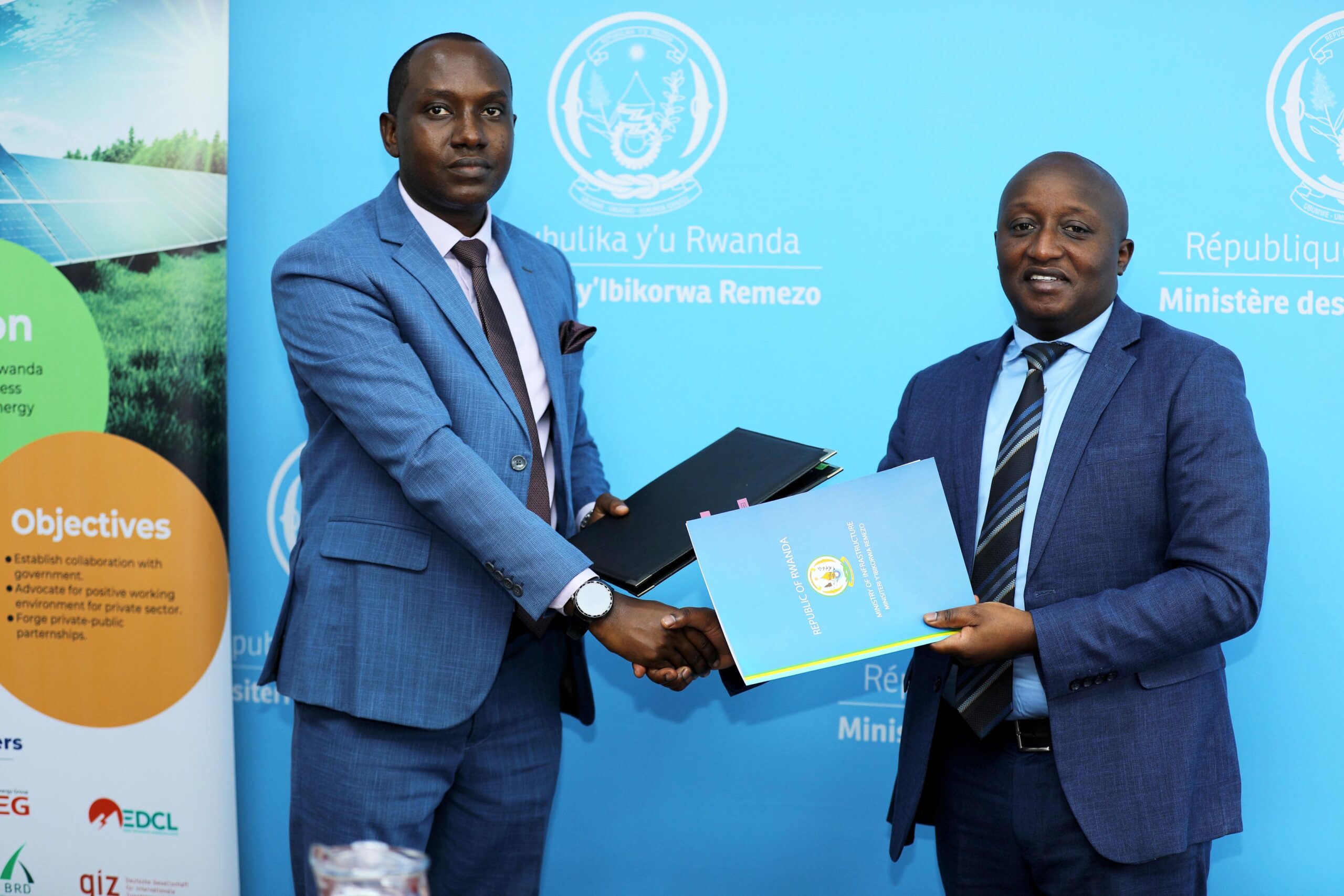
The Energy Private Developers (EPD) has formalized a long-standing collaboration with Rwanda’s Ministry of Infrastructure (MININFRA) through the signing of a new partnership framework. This agreement, signed on December 23,2024; aims to strengthen sector coordination, foster international partnerships, and promote private sector engagement in Rwanda’s energy development initiatives.
In an exclusive statement, Mr. Serge Wilson Muhizi, the Chief Executive Officer of EPD emphasized the importance of this partnership, noting that it solidifies over a decade of collaboration between EPD and MININFRA.
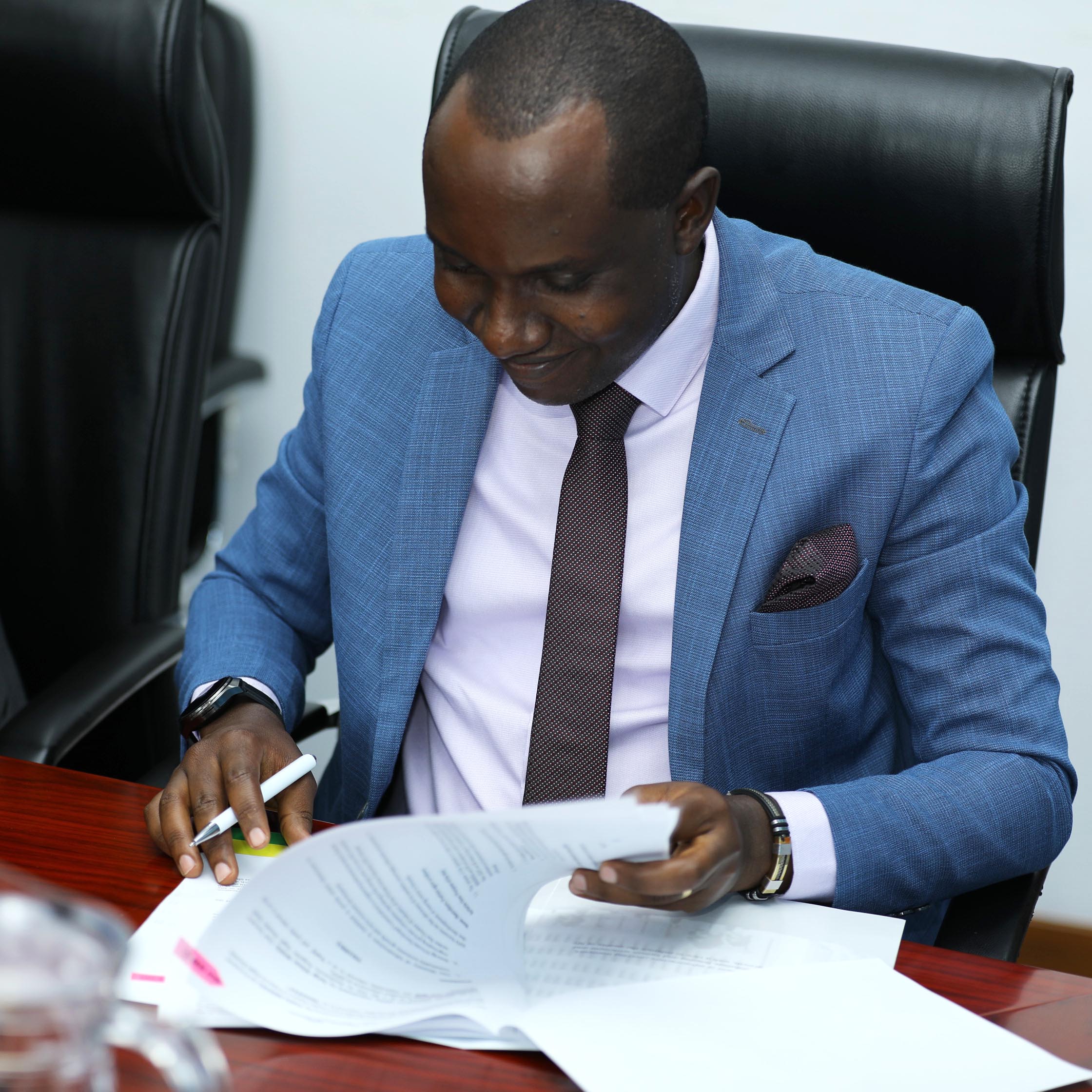
“It is a framework we worked on with them, a kind of agreement we made with them so that what we have been doing together in different ways becomes somehow officialized because we have been collaborating with them for the past ten years,” he explained.
Core Areas of Collaboration
The new partnership focuses on three key areas:
1. Sector Coordination
EPD represents the private sector in Rwanda’s energy sector and has been actively involved in developing and implementing the National Strategy for Transformation (NST1). As the country transitions to NST2, the agreement will ensure a well-coordinated and organized private sector to drive energy projects forward.
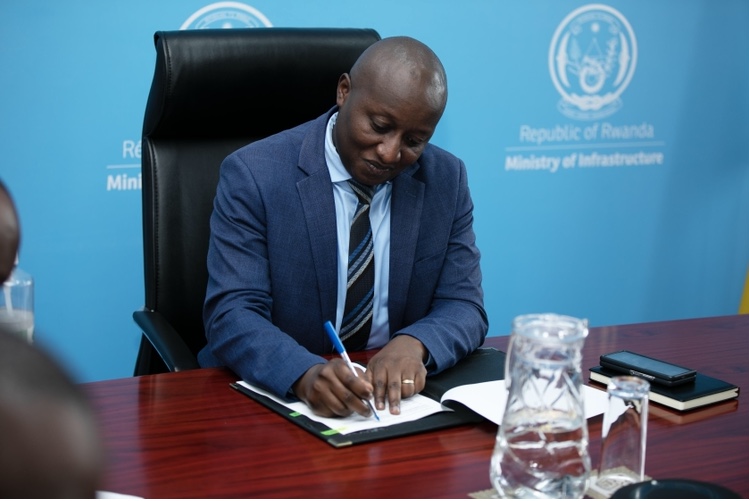
2. Project Recommendations and Endorsements
As Rwanda attracts projects from various international stakeholders, EPD and the Ministry aim to streamline the process of securing recommendations and endorsements, enabling quicker implementation.
3. International Collaboration and Public-Private Partnerships
The partnership will support EPD’s growing role in international energy initiatives. These include a China-Africa collaboration involving Ethiopia, Kenya, and Rwanda; the East African Renewable Energy Federation, which spans seven countries; and a Scotland-led partnership involving Malawi, Zambia, and Rwanda.
Energy Sector Achievements and Challenges
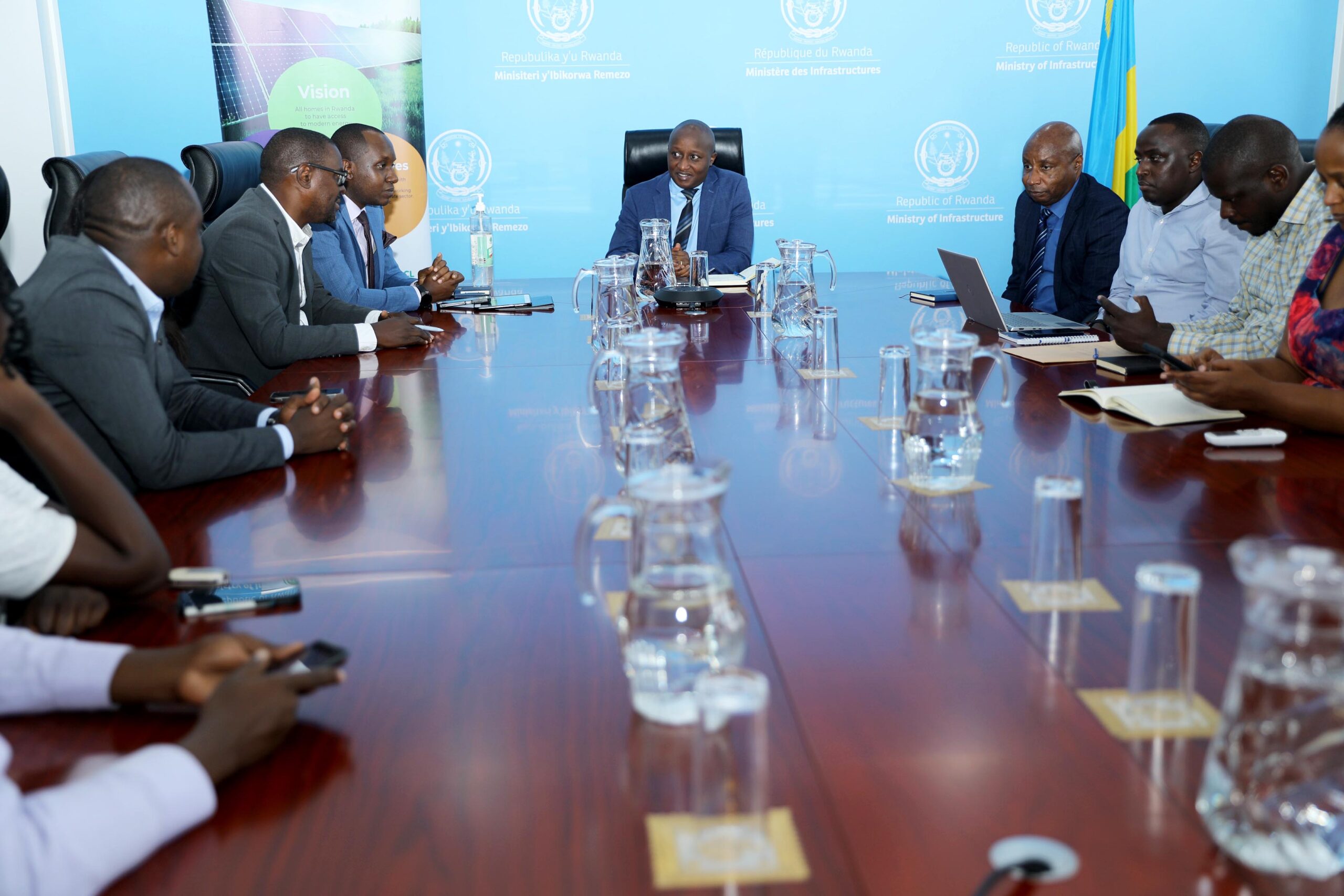
Rwanda’s energy sector has seen remarkable progress over the past decade. Electricity access has increased from just 6% in 2009 to 75% as of March 2024, with an ambitious target of achieving universal electrification by 2024. This goal is divided between 52% grid access and 48% off-grid solutions.
In the first quarter of 2024, Rwanda generated approximately 342 GWh of electricity, a 13.3% increase compared to the same period in 2023. The country’s energy mix is dominated by hydropower, which accounts for 55.24%, followed by methane gas (34.03%), solar energy (1.20%), peat (2.36%), and thermal sources like fuel oil (0.72%). The remaining 6.46% comes from imports.

Despite its progress, Rwanda remains a regional leader in energy access, with 80% coverage, compared to significantly lower rates in neighboring countries. “Rwanda’s expertise in policy frameworks and regulations is critical for driving energy transitions across the region,” the CEO said, adding that gaps in energy access across partner countries highlight the importance of collaboration.
Public-Private Partnerships for a Sustainable Future
Through international partnerships, EPD is addressing critical issues like access to finance, trade missions, capacity building, and joint research initiatives. For instance, the country is part of a China-Africa energy transition partnership and regional collaborations under the East African Renewable Energy Federation.
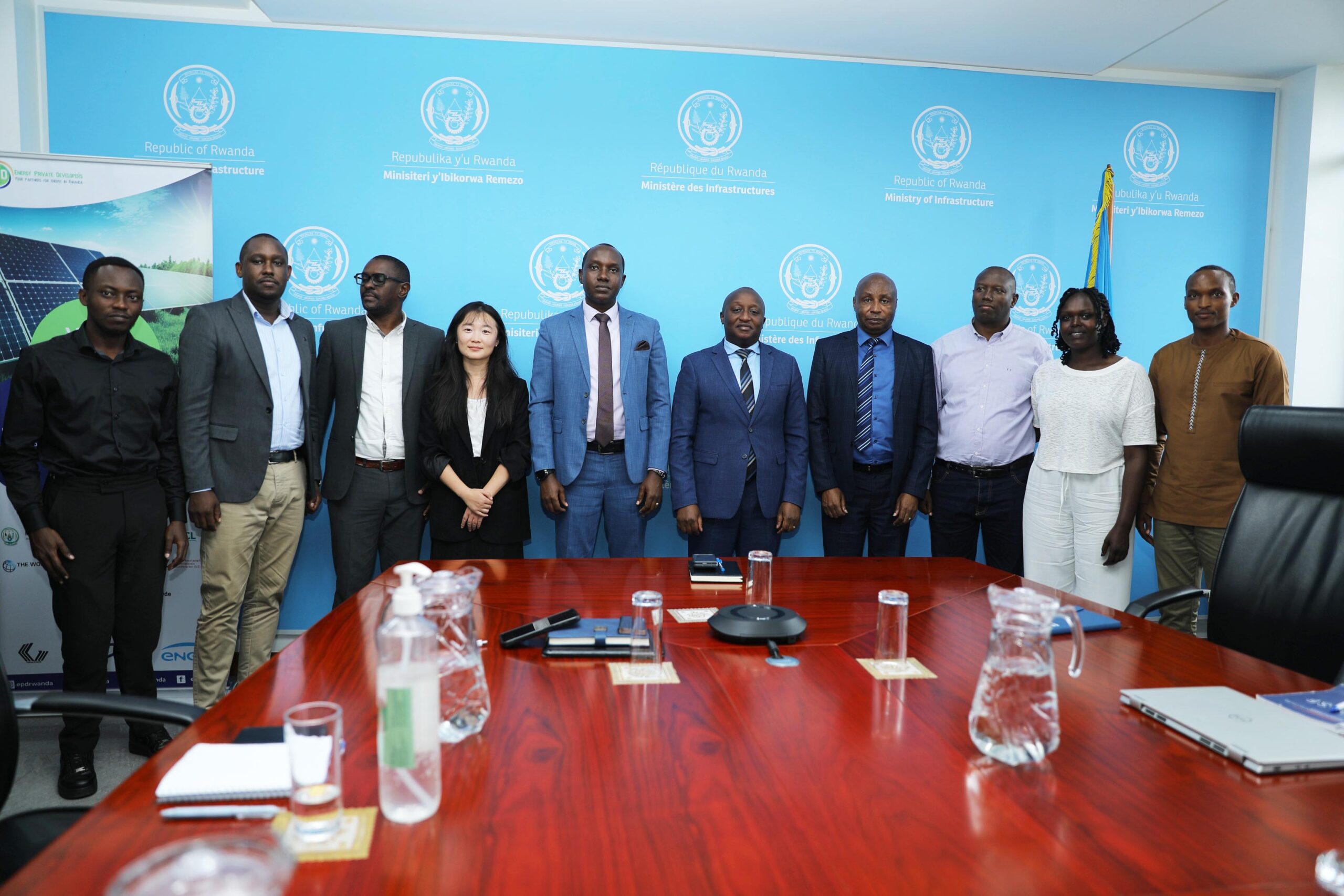
“Through these partnerships, we aim to address key challenges and unlock opportunities for the private sector to thrive,” the CEO noted. “Collaboration between governments and the private sector will accelerate progress and help achieve shared objectives efficiently.”
This agreement comes as Rwanda continues to position itself as a leader in renewable energy and sustainable development in the region, with EPD playing a pivotal role in driving the private sector’s contribution.
Trending Now
Hot Topics
Related Articles
Leaders Call for Stronger Monitoring to Turn Ecosystem Restoration Commitments into Results
Nairobi, Kenya — 27 January 2026 Country and regional leaders, alongside technical...
Worm Tea: A Natural Path to Farming Without Harmful Chemicals
For much of his early farming life, Isaac Mubashankwaya believed chemical fertilizers...
Enroll Now Before 31 December 2025: International German Language Exams Launch in Rwanda
Rwanda will host the European Consortium for the Certificate of Attainment in...
Rwanda Validates Environment and Climate Change Mainstreaming Strategy 2024–2029
This Tuesday, 23 December 2025, the Rwanda Environment Management Authority (REMA), in...


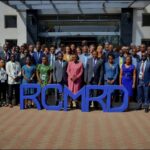


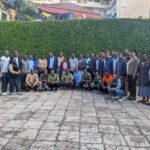




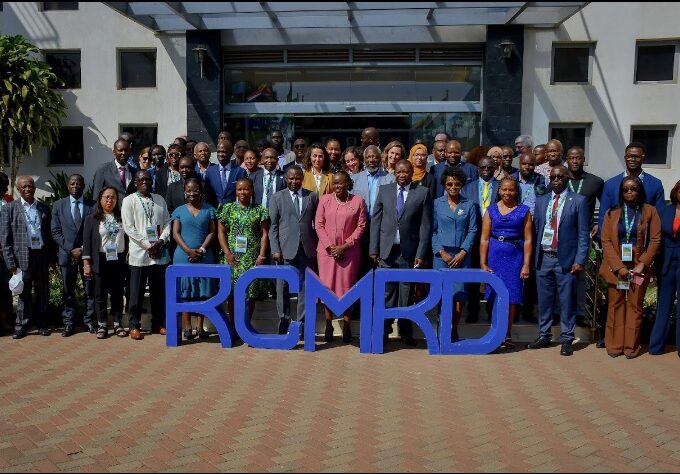
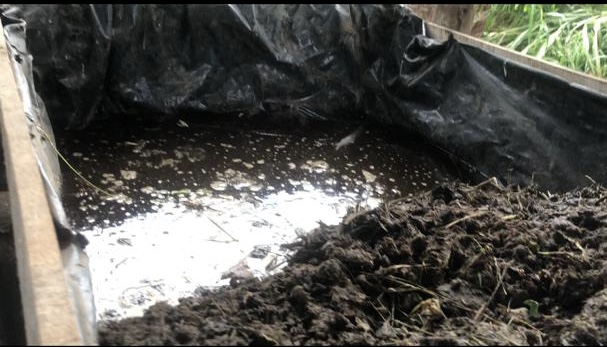
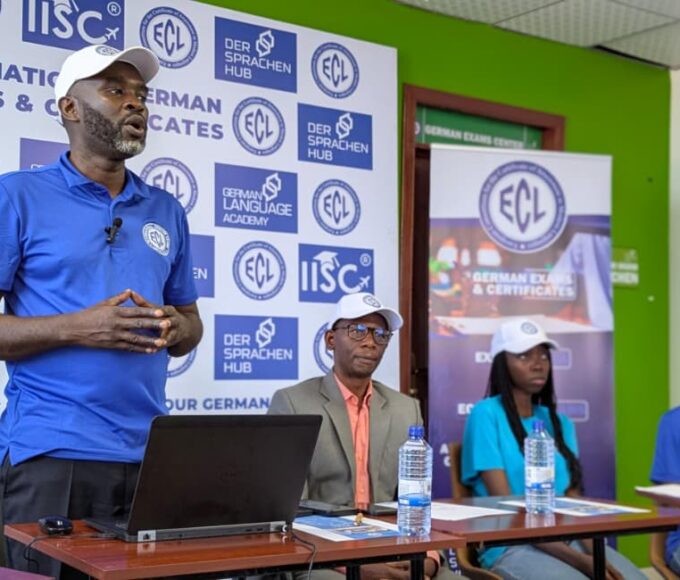
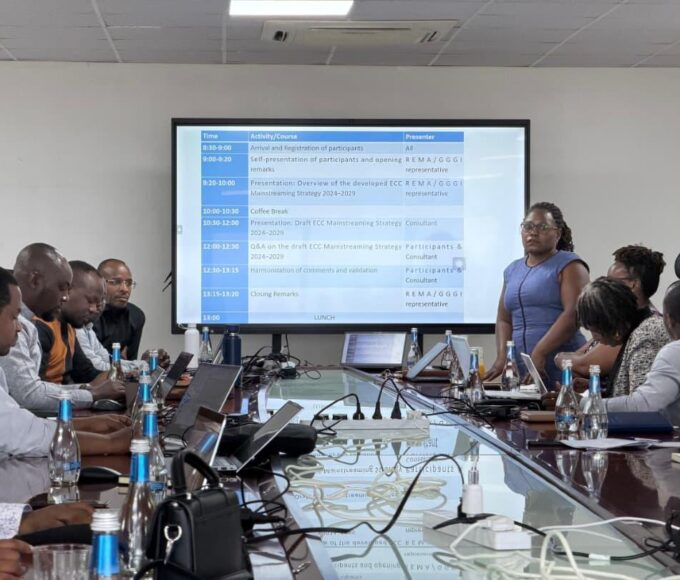
Leave a comment